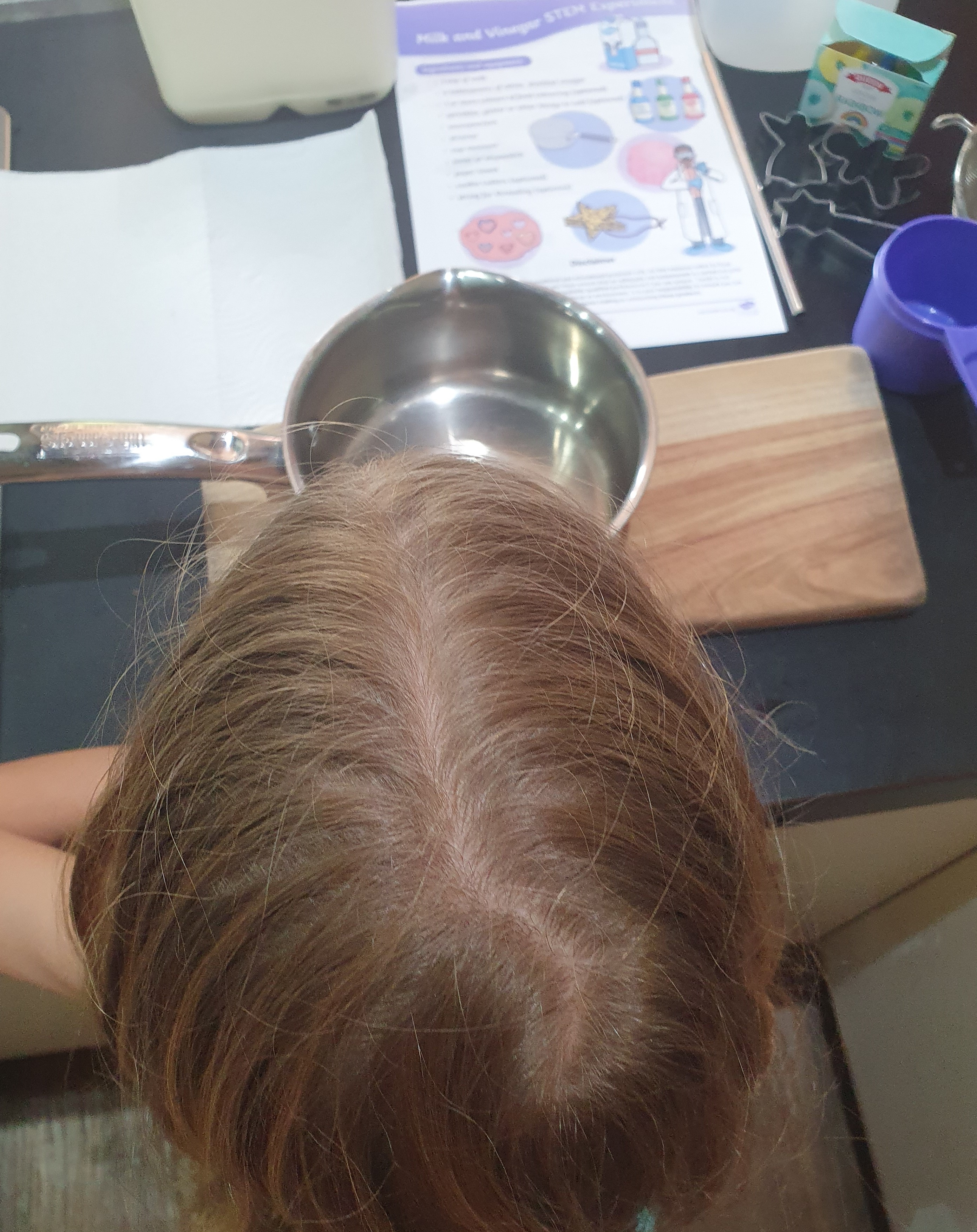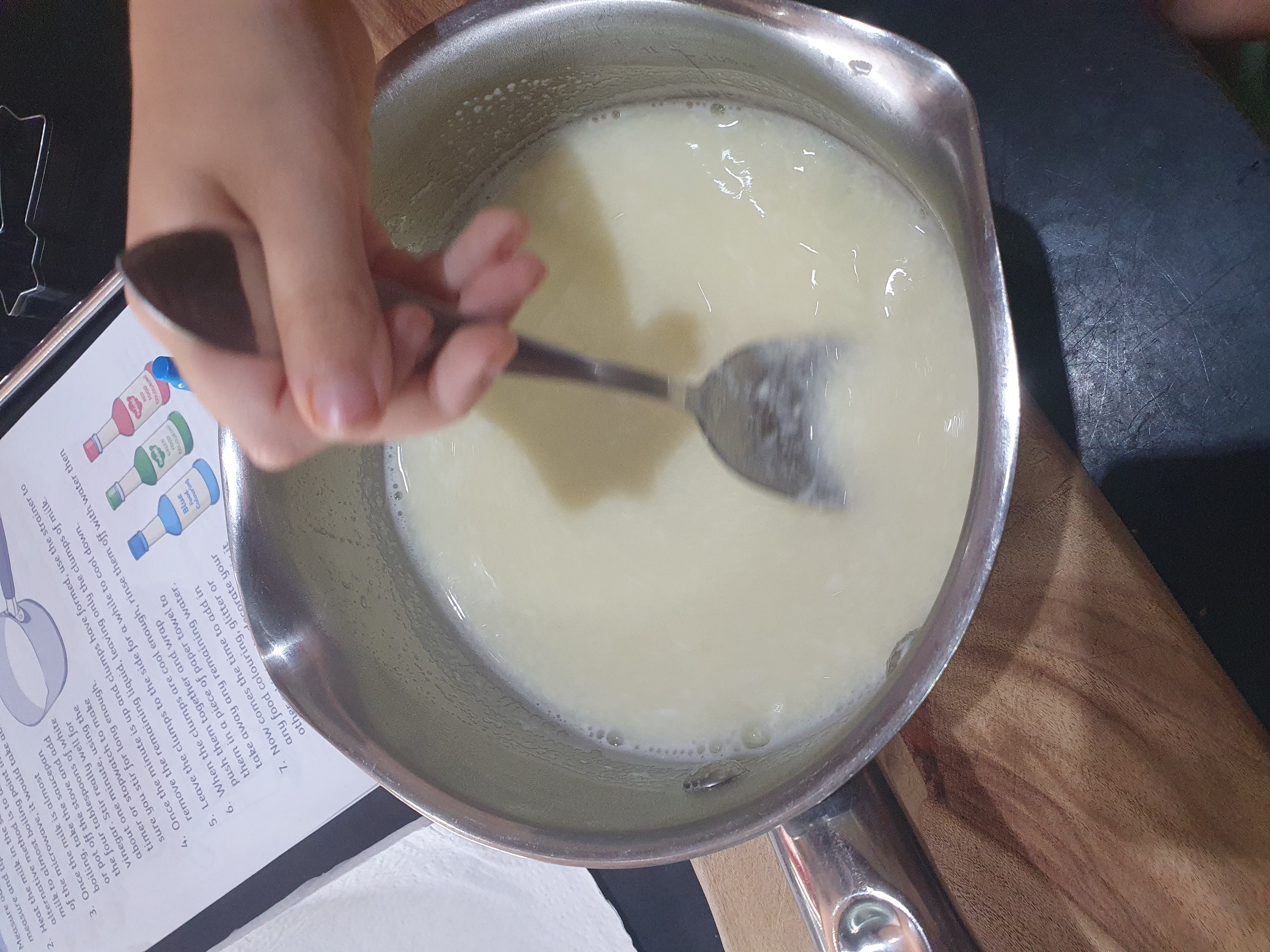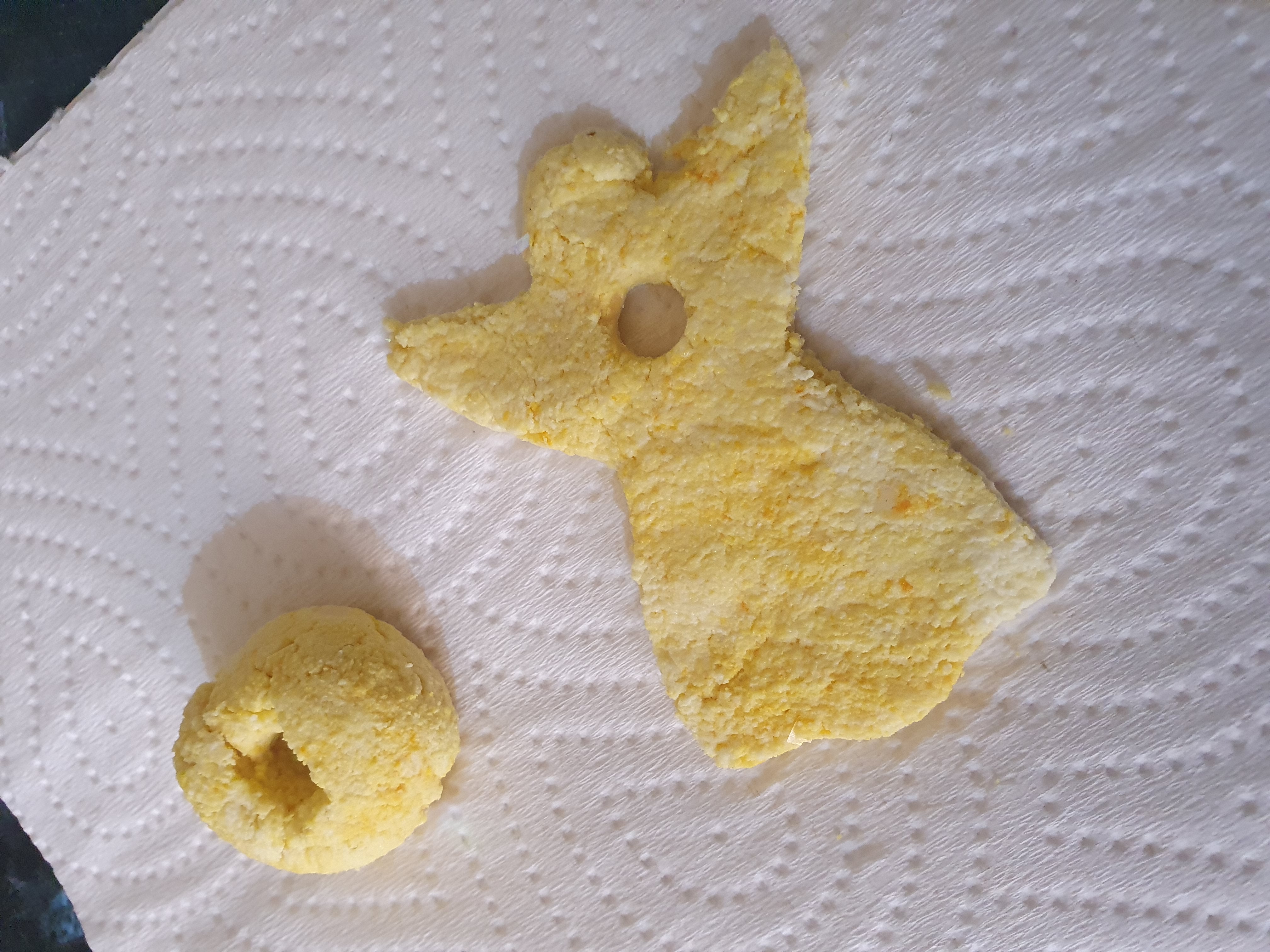Mama's Musings
Debunking Common Homeschool Myths
As parents embark on the journey of homeschooling in Australia, they may encounter various misconceptions surrounding this educational choice. Below, I aim to address some of the most common homeschooling myths, empowering home educators with accurate information and dispelling any doubts they may have.
Myth #1: Homeschooled children lack socialisation opportunities.
Contrary to popular belief, homeschooling does not isolate children from social interactions. In fact, homeschoolers often engage in numerous social opportunities, such as joining homeschooling groups, attending co-op classes, participating in community programs, and taking part in extracurricular activities. These avenues provide ample opportunities for children to develop social skills, make friends, and build lasting relationships.
Myth #2: Homeschooling is less academically rigorous than traditional schooling.
Homeschooling allows parents to tailor their children's education to their individual strengths, interests, an...
Special Days
I love how Twinkl Australia creates resources especially for homeschoolers. It's like they can read our minds!
There's this Special Days Planner here which has clickable links to a lot of resources, and a link at the bottom to even more things to acknowledge and celebrate.
I love anything that gives some rhythm to the year - months, terms, special days, seasons, solstices, equinoxes, the moon...
Legal Requirements for Homeschooling in Australia
In Australia, each state and territory has its own regulations regarding homeschooling. While the overall principles are similar, it is crucial to check the specific requirements for the state or territory in which you reside. Generally, parents register with their state or territory's education department or homeschooling authority. This registration process may involve filling out an application form, providing education plans, and occasionally, submitting to home visits or assessments. Some families choose not to ever register - understanding the requirements, your rights, and any repercussions is important.
Parents of registered children are responsible for maintaining records of their child's educational progress. This may include documenting completed assignments to record progress, and maintaining portfolios of their child's work. These records serve as evidence of the child's educational development and may be required during registration or assessment processes.
It is impo...
Checking In
Just Checking In... I love this offering from Twinkl. Page 6 is my #1 because I'm back into gratitude journaling for 2024 - my absolute favourite tool for finding peace. How often do we say/think "I'm fiiiinnnne!" with tight shoulders, furrowed brow, clenched jaw? If you're a home educating parent (or any parent/carer, let's face it), it's likely you're overwhelmed from time to time. And that doesn't mean you don't love your life, it just means that things are out of balance somewhere.

Please take care of you. Find the tools you need (like this printable from Twinkl, or my free printable 20 page workbook here), get support, be honest with yourself about your needs.
If you want to chat further about finding this balance, don't hesitate to book in with me at calendly.com/spiralbel for a 1:1 session. I'll validate the heck out of your need to prioritise yourself, and we'll chat about homeschooling along the way!
Photo Credit: M Sessions / Unsplash - woman moving through a field of gr...
Homeschool Haiku
Haiku's keep appearing in our lives ... so we've been writing our own at home. Here's one I wrote about homeschooling. Maybe you'd like to write some of your own?
Laughter in the air,
Knowledge blooms with each sunrise,
Homeschooling joy thrives.
Learning Co-ops
In recent years, the landscape of education has been evolving rapidly, with more families opting for non-traditional approaches to learning. Homeschooling has gained popularity for its flexibility and personalised learning experience. In Australia, a growing number of homeschooling families are finding community and support through learning co-ops, creating collaborative environments that enrich the educational journey for both home educators and students.

What is a Learning Co-op?
A learning co-op, short for cooperative, is a collaborative effort among homeschooling families to share resources, knowledge, and expertise. These co-ops provide a supportive community for parents/carers and students alike, fostering a sense of belonging and shared responsibility for education.
Structure of Learning Co-ops:
Learning co-ops vary in structure, but they generally involve a group of families coming together to pool their time, resources, and talents. These co-ops can be formal or informal, wi...
I'm back for a New Year!
I'm excited about 2024. More excited than I've been about a New Year for awhile. I've posted some planning posts on facebook, and I'm meeting with a friend for some regular journaling sessions. I'm scheduling some time out, and I've majorly decluttered parts of my home over the holidays.
I hope you're feeling great about 2024 too! Head to calendly.com/spiralbel if you want to book a spot to get sorted for 2024. We can chat about organising, planning, resources, time management, avoiding burnout, plans, record keeping, long-term goals, learning activities, ideas, juggling (roles, not balls), or whatever challenges you're facing or wondering about. Sessions start from $110 for an hour consult with prep notes and follow-up email. Not a bad investment for a potentially fabulous new year!
A Money Test?
We've been playing with plastic money for a couple of years now, and I wondered how Zeah would respond to the type of money questions she'd experience in a typical school classroom.

I printed quite a few pages from this booklet from Twinkl, and she was really keen to give them a go! She blitzed the ones she did, and put some others on her desk to tackle another day.

I love seeing the leaps in knowledge from learning naturally and through play, and homeschooled kids often love to 'test' that knowledge and know that they can do 'schoolwork' with ease.
Hands On STEM
We're getting a bit tired of vinegar and bicarb variations lately! With a KiwiCo kit we did a lot of new experiments with citric acid and a couple of other kitchen ingredients recently. Then I looked on Twinkl last week and found this experiment we had never tried before.

We used milk and vinegar to make 'plastic'. It's actually curds, like cheese! But we chatted about casein and molecule chains and squished our meagre curds (we expected more from 1 cup milk - maybe it was our milk?) into a modelling substance that Zeah coloured yellow and added glitter to (now it looks like rubbery, sparkly cheese!) She cut an angel and made a bead and they're drying on the kitchen bench. I feel like we might attract bugs?

The whole process was interesting and took a bit more skill and patience than our usual mix-and-watch experiments, so I'll be looking for more to do with kitchen ingredients in the coming weeks.
Check out the instructions for this one here.









